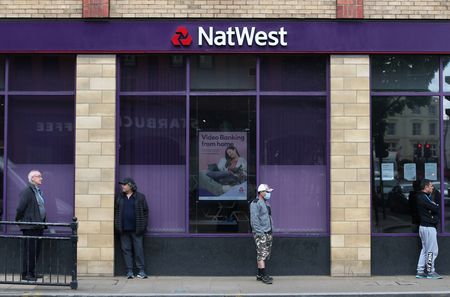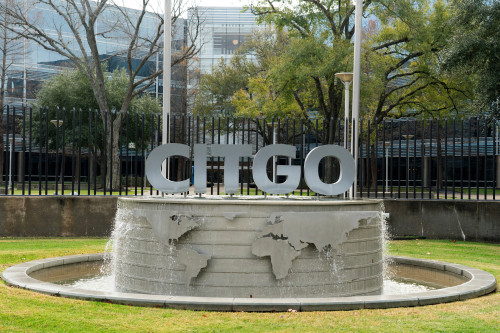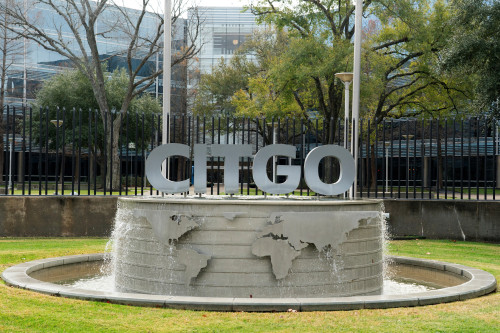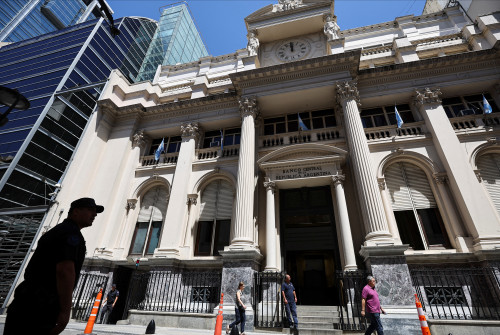By Iain Withers and Lawrence White
LONDON (Reuters) -British bank NatWest reported a 20 billion pound fall in deposits in the first quarter as consumers faced with a cost of living crisis forked out on steeper bills and shopped around for the best deals on their savings.
The bank’s CEO Alison Rose said competition for savings amid higher Bank of England interest rates had stepped up and households and businesses feeling the squeeze from high inflation were drawing on savings and paying down some debts.
Despite a forecast-beating jump in profits, boosted by the higher rate environment, the bank’s shares fell 6% as investors digested a third straight quarter of lower deposits and no upgrade to performance forecasts for the year.
Deposit levels at banks have come into sharper focus after the collapse of U.S. lender Silicon Valley Bank (SVB) last month sparked jitters across the global banking sector and highlighted how quickly customers can shift money in the digital era.
NatWest said the reduction in its deposits, however, mainly reflected the axing of its underperforming Irish arm Ulster and higher customer tax bills. Deposits across its consumer, business and private bank nonetheless fell 11.1 billion pounds.
“A well-capitalised and resilient balance sheet means we’re a safe place for our customers,” Rose said, adding that the outflows were not a response to the demise of SVB.
Rival Barclays saw deposits in its British business fall a more modest 1% during the same period, although at a group level they increased slightly.
NatWest, meanwhile, reported pretax profit that leapt 49% to 1.8 billion pounds ($2.24 billion), above an average of analyst forecasts of 1.6 billion pounds.
Rising interest rates boosted NatWest’s income by 29% to 3.9 billion pounds, but analysts said this narrowly missed expectations and they had hoped for an upgraded outlook.
“No guidance change is likely to disappoint today,” analysts at Jefferies said in a note.
Bank investors are wary that inflation remains stubbornly high in Britain, pinching household budgets and raising the risk of borrowers falling behind on loan repayments.
State-backed NatWest set aside 70 million pounds to cover potential loan defaults, compared with a small release of cash reserves the previous year, but it said loan arrears remained low and the charge was below the 144 million pounds booked in the previous quarter.
“By monitoring customer behaviour and looking closely for signs of financial distress we are able to put in place proactive measures to help those who are struggling right now,” Rose said.
($1 = 0.8028 pounds)
(Reporting by Iain Withers and Lawrence White;Editing by Sinead Cruise and Elaine Hardcastle)





